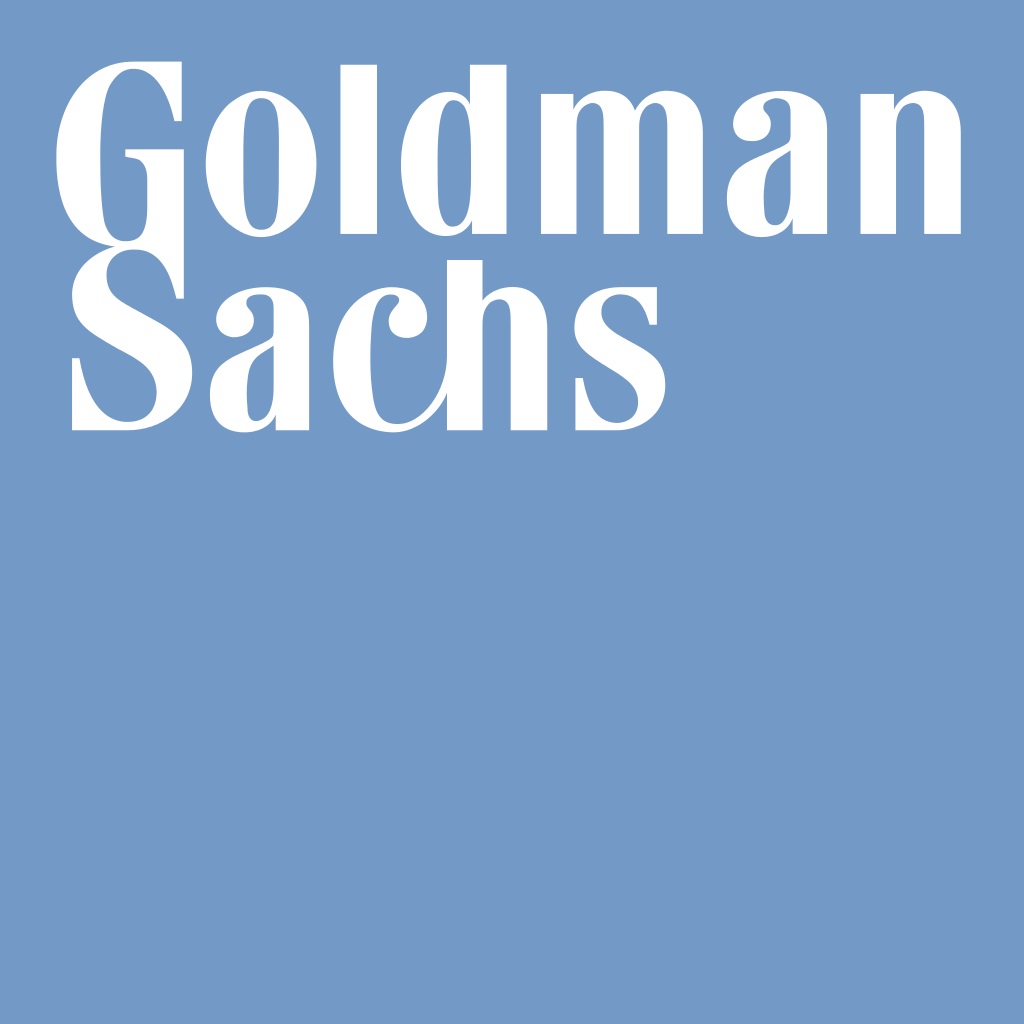Banking, finance, and taxes
Goldman Sachs Earnings Boosted by Lower Litigation Expenses

Published:
Last Updated:

For much of 2016, shares of Goldman Sachs Group Inc. (NYSE: GS) were among the worst performers on the Dow Jones Industrial Index. Then came the election of Donald Trump as the next U.S. president. Goldman’s stock, which had added about 15% in the first 10 months of 2016, added another $60 a share to close the year at around $240, a gain of almost $85 a share (35%) over the year.
In our bull/bear case on the Dow financial stocks, we noted several reasons for Goldman’s sharp rise in the last two months of the year.
Goldman Sachs reported fourth-quarter and full-year 2016 results before markets opened Friday morning. The investment bank reported diluted quarterly earnings per share (EPS) of $5.08 on revenue of $8.17 billion. In the same period a year ago, the bank reported EPS of $1.27 on revenue of $7.27 billion. Fourth-quarter results also compare to the consensus estimates for EPS of $4.82 on revenue of $7.72 billion.
For the full year, Goldman reported EPS of $16.29 and revenues of $30.61 billion, compared with 2015 EPS of $12.14 and revenues of $33.82 billion. Analysts were looking for EPS of $15.87 and $30.47 billion in revenue.
Assets under supervision increased 10% from a year ago to a record $1.38 trillion, with net inflows in long-term assets under supervision of $42 billion during 2016.
Book value per common share increased by 6.7% during the year to $182.47. Basic shares decreased by 6.1% during the year to a record low of 414.8 million.
The firm’s Common Equity Tier 1 ratio as calculated in accordance with the Standardized approach and the Basel III Advanced approach was 14.5% and 13.1%, respectively, and Goldman’s global core liquid assets totaled $226 billion as of December 31.
During the year, Goldman repurchased 36.6 million shares of its common stock at an average cost per share of $165.88, for a total cost of $6.07 billion, including 7.6 million shares during the fourth quarter at an average cost per share of $197.80, for a total cost of $1.50 billion.
Bank CEO Lloyd Blankfein said:
After a challenging first half, the firm performed well for the remainder of the year as the operating environment improved. We continued to manage our expenses carefully and we enter the new year with industry leading positions across our businesses, as well as strong capital and liquidity.
Compensation expenses were down 8% compared with 2015 and non-compensation expenses were down 30%. Lower compensation expenses reflects a decrease in net revenues and savings on expense. Lower non-compensation expenses were primarily due to “significantly” lower net provisions for mortgage-related litigation and regulatory matters. Provisions for litigation and regulatory proceedings totaled $396 million in 2016 compared with $4.01 billion in 2015.
The bank did not offer guidance in its press release, but the consensus estimates call for first-quarter EPS of $4.61 on revenues of $8.52 billion. The EPS estimate for the 2017 fiscal year is $18.76 on revenues of $32.55 billion.
Shares traded up about 0.5% in the premarket this morning to $236.95, having closed on Tuesday at $235.74. The current 52-week range is $138.20 to $247.77. The consensus 12-month price target was $240.04 before results were announced.
Let’s face it: If your money is just sitting in a checking account, you’re losing value every single day. With most checking accounts offering little to no interest, the cash you worked so hard to save is gradually being eroded by inflation.
However, by moving that money into a high-yield savings account, you can put your cash to work, growing steadily with little to no effort on your part. In just a few clicks, you can set up a high-yield savings account and start earning interest immediately.
There are plenty of reputable banks and online platforms that offer competitive rates, and many of them come with zero fees and no minimum balance requirements. Click here to see if you’re earning the best possible rate on your money!
Thank you for reading! Have some feedback for us?
Contact the 24/7 Wall St. editorial team.